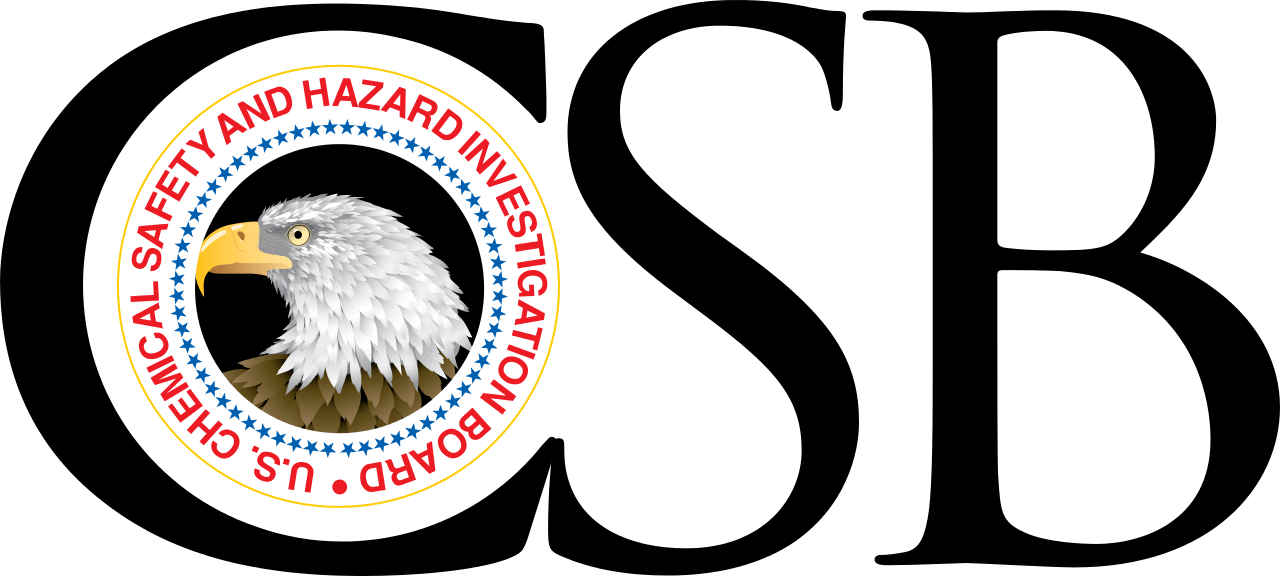Close to 5,000 workers die on the job each year in the United States according to the Department of Labor. Despite this alarming number, federal resources typically allocated for job safety, oversight and enforcement agencies are facing drastic cuts, if not full elimination.
Just five months into the current administration, the following changes have either already taken place or are pending final approval:
• Executive Order 13771, issued on January 24, 2017, requires that for every new regulatory protection issued, two existing safeguards must be repealed;
• OSHA’s rule requiring employers to keep accurate injury and illness records has been repealed;
• Federal contactors are no longer required to disclose safety, health, and labor violations in order to qualify for federal contracts
• The effective date of OSHA’s new beryllium and silica standards have been delayed, increasing the amount of potential exposures to these hazardous chemicals
• The current White House budget proposal calls for a $2.5 billion (21%) reduction to the Department of Labor’s annual budget; and
• President Trump has outlined a plan that would eliminate the Chemical Safety Board (the federal agency tasked with investigating plant explosions and chemical accidents).
7 Industrial Explosions Across the US Since January 2017 Suggests Need for Greater Emphasis on Worker Safety
Within the past few weeks alone, industrial explosions have killed or injured workers at a glass plant in Iowa, a natural gas odorizing plant in West Virginia, and a corn mill plant in Wisconsin. These explosions were preceded by an explosion in Missouri and three in Louisiana: These explosions follow four catastrophic pipeline and plant accidents that took place earlier this year: a massive rupture of a pressure valve causing a steam explosion at a box manufacturer in St. Louis, Missouri, that killed four people, and three separate explosions in Louisiana that killed and severely injury workers at a paper mill, a pipeline, and a refinery.
All 7 explosions have taken place between January and May 2017.
Despite this alarming and rising number of fatal industrial accidents, the President is fighting to eliminate safety regulations and disband governmental safety agencies that were specifically designed to protect plant, pipeline and other industrial workers from profit driven decisions that result in thousands of industrial injuries and deaths every year.
Repealing Safety Regulations May Encourage a Profits-First Approach to Plant, Pipeline and Refinery Operations
The most common causes of industrial explosions are outdated equipment and the failure to enforce existing safety rules and regulations.
Repealing the very rules and regulations that were designed to protect industrial workers will provide even more reason for profit-motivated plant and pipeline owners to emphasize profit and ignore employee safety, which, in turn, will inevitably lead to an increase in work-related injuries and fatalities.
It appears that, despite the longstanding principle that safety should ALWAYS come before profit, the converse (i.e., Profit First, Safety Later) may actually become the new standard at industrial jobsites across the United States.
Undefeated Plant, Refinery and Pipeline Explosion Lawyers: 1-888-603-3636
In addition to being undefeated, our Pipeline and Refinery Explosion Lawyers have won over $1 Billion on behalf of hundreds of workers who were injured in connection with some of the largest plant, refinery and pipeline explosions in recent history, including the:
• Williams Olefins Plant explosion in Geismar, Louisiana;
• Williams Gibson Pipeline explosion in Gibson, Louisiana;
• BP Deepwater Horizon explosion;
• Imperial Sugar Plant explosion in Port Wentworth, GA; and
• International Paper Plant explosion in Vicksburg, MS
If you or a loved one were injured in a plant, pipeline or refinery accident, contact our Undefeated Industrial Accident Lawyers for a Free Consultation at 1-888-603-3636 or by clicking here.
Because we work exclusively on a contingency fee, you won’t owe us anything unless we win your case.
